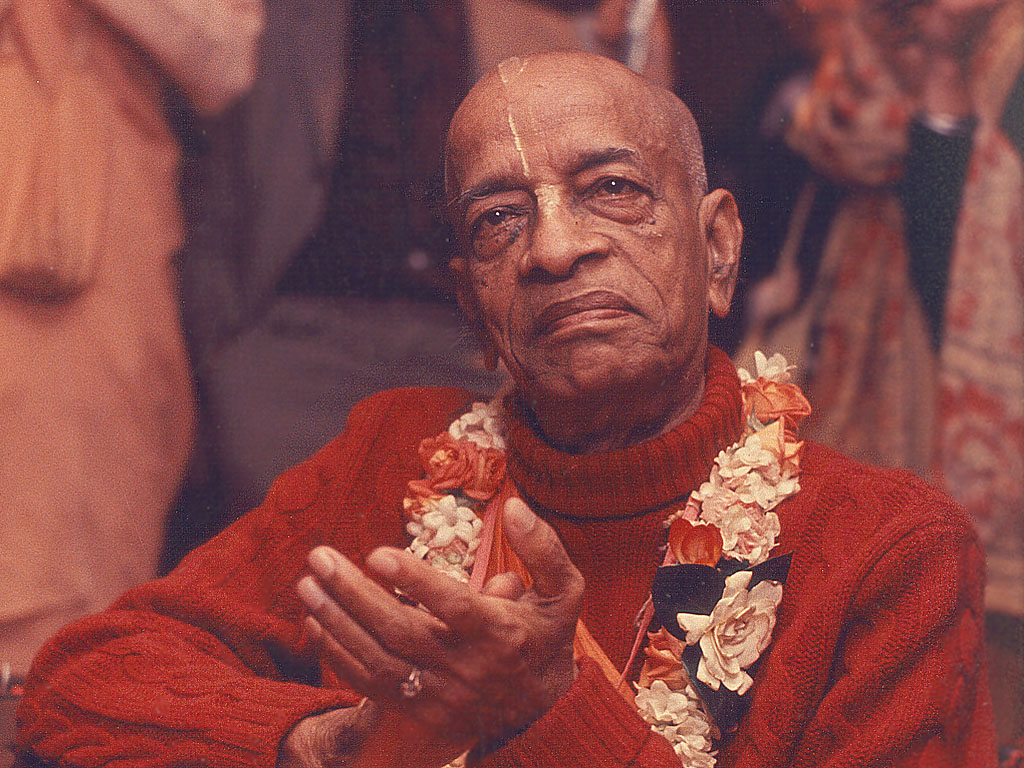
Everyone is now talking about crises: financial, economic, social and the like. But few realize that behind all these, there is a much more devastating crisis that is the cause of all the others. Its effects are so great that absolutely all living entities in the universe are affected by it. This is called the housing crisis of the soul.
As far as the Vedic worldview is concerned, we have left our real home. Instead of living with God or Krishna in the center of the spiritual world, where all our comfort is automatically ensured for eternity we have chosen to live in the ghetto, also known as the Material World. Down here we live on our own, we have to pay bills and a huge rent. Also, we have to change our residence—the body—after every lifetime.
How did we end up like this?
While living in the spiritual world, a minority of souls have the desire to imitate Krishna and to act as if they are the Lord. In that instant there is a conflict of interests because only God can be God. Only He is able to wield His own power, which would bewilder any other entity. So it appears that these souls now have a problem—they want to be the ones who makes things happen, independently, but they can’t actually do it in God’s presence, since God’s energy only listens to Him.
In this context, Krishna, in His divine mercy, creates an educational program called mayā, especially designed for these rebel souls. This process is an inconceivably sophisticated simulation of the spiritual world, in which the souls willing to act as lords can live as if they are separated from Krishna and can experience life without Him. To our modern understanding, this program is similar to a highly complex 3D computer game. A gamer becomes so absorbed in being the character in the game, lost as they are in the countless experiences offered by the game world, that they lose contact with reality. Just as the player gradually accepts the world of the game as their day to day reality, so do the souls accept the material simulation as their natural home.
Now what? Although captive in this world, our existential anxiety—on which rivers of literature have been written—makes us realize that something is wrong with the world. In our rare moments of peace we experience this anxiety—the soul’s “housing crisis”. What am I doing in this corporeal existence? I am not made to suffer. I have a body that is degradable, I have to make a huge struggle for the slightest comfort, I am always in tense relationship with the others, I am subjected to natural catastrophes, violence and all other calamities. This is not right. Why do I not accept these things as natural? Why do I have the feeling that there is more to all of this? And then we begin to look for the road back to our native home.
This is where Krishna’s appearances in this world come in, such as that of 5000 years ago when He came and spoke the Bhagavad Gita. He comes and reminds us of our home, where He is waiting for us to live happily with Him. The only thing we have to do is to really want to return, and then He will teach us step by step how to actually achieve it. The shortest route Krishna presents to us in the Bhagavad Gita is bhakti yoga: the path of devotion. Through the active engagement in the divine service, any soul now lost in the ghettos of mayā will come back home, where God or Krishna will have been waiting for millions and millions of years.
Read Full Post »




